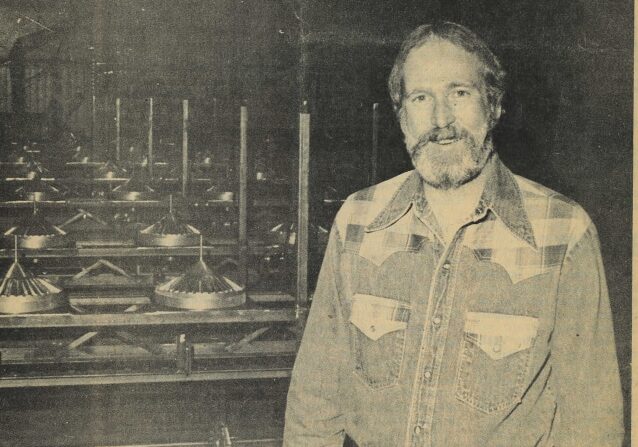Why communication is essential on job sites

Business Record Staff Oct 16, 2018 | 11:00 am
3 min read time
758 wordsBusiness Insights Blog, EngineeringBY SID JUWARKER, Client Development Manager, Terracon
Communication is imperative in all lines of work. It’s especially important when working on construction job sites. Many times, there are several people and organizations involved in a project, and that comes with the possibility of misunderstandings and miscommunication, potentially leading to errors.
To improve effectiveness and cohesiveness on a construction project, proper communication needs to be installed from the beginning. When expectations are properly set, the entire project can flow seamlessly. On the other hand, if there is an issue, open communication lines will help rectify the issue. Many communication problems on a job site can stem from a variety of causes: jargon or misuse of language, outdated technology or unclear interpretations.
Studies back up the importance of communication. According to a Harvard Business Review article, a study at MIT’s Human Dynamics Laboratory found that communication was the No. 1 predictor for success among other variables, which included education, experience and more. Furthermore, it found that certain modes of communication led to higher degrees of success than others.
On a construction site, a higher degree of success means a quicker turnaround on projects and immediate savings.
Here’s how proper communication can translate into a more effective and productive construction project:
Communication builds trust: When all team members are involved in the project and understand what is expected during each stage of construction, it creates more trust between each member on a project.
Trust builds relationships: When trust is established, a rapport is built between the members on the project. This rapport turns into a relationship as time moves along. Team members can more effectively work with each other, knowing their team members are by their side.
Relationships increase sharing of ideas: After proper communication is implemented and a strong relationship develops, then the sharing of ideas comes easier. Having these open communication lines will pay dividends if an issue arises, because team members feel more open to sharing recommendations and ideas.
Communication allows for proper feedback to improve/build on: Communication plays a crucial role after a project is finished, too. It’s important to review how the project went, what could have gone better and where there may have been a lack of communication. This allows team members and organizations to grow and improve processes for construction projects in the future.
“Quick and accurate communication between all trades is essential to the success of a construction project,” said Michael Sampson, principal and materials department manager at the Des Moines branch of Terracon. “Transparent communication starts at the development stage and continues through project close-out. In today’s fast-paced construction industry, lack of communication can result in inefficiencies, discontent, delays and ultimately a more costly final product.”
How you can improve
The best tool to improve communication lines is undoubtedly technology.
Various technological advances enhance the ability to communicate and share ideas. Terracon uses a program that gives dispatchers location information on staff. Dispatchers can then send staff members into other construction sites with proper equipment and at the right time. Also through this technology, creative ideas and solutions can be shared and better communicated.
“By utilizing our patented software, we can record, review and distribute testing and inspection results all by the click of a mouse in one simple-to-use program,” Sampson said. “Whether it is posting reports to a website, or distributing them through email, today’s advancement in technology makes collaboration an ease compared to the old days of pen, paper and snail mail.”
Beyond technology, there are many simple and rudimentary guidelines that can be implemented throughout organizations. Train managers and staff members to create and use clear communication lines on projects. That could mean a centralized place or person where all messages filter through. It’s also important to reinforce messages to make sure they’re heard and understood throughout all staff members.
Ensure all messages are transmitted clearly and concisely, avoid slang and keep written statements legible. This will reduce misunderstandings and mistakes across the board.
And, as always, be open to feedback from everybody on a construction project. This will only improve processes and camaraderie across the entire organization.
My takeaway
The benefits of open and quality communication are clear. And this doesn’t just apply to companies involved in construction. All organizations should invest time, training and money in proper communication. It will pay off now and in the future, when your company continues to grow through a culture of open communication that fosters the sharing of new, better ideas and processes.
 |
Sid Juwarker View Bio |










